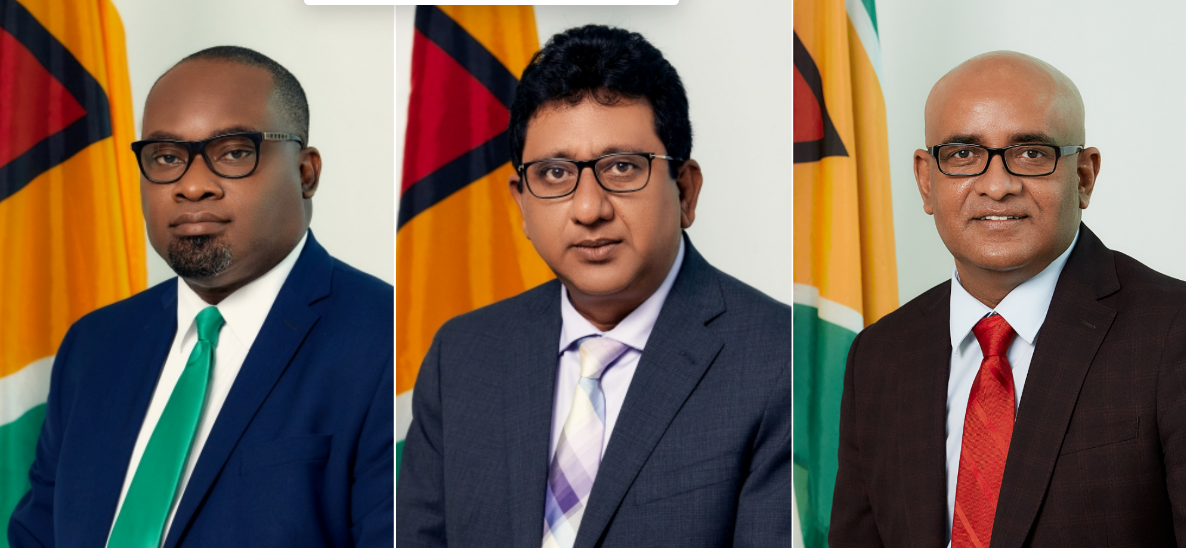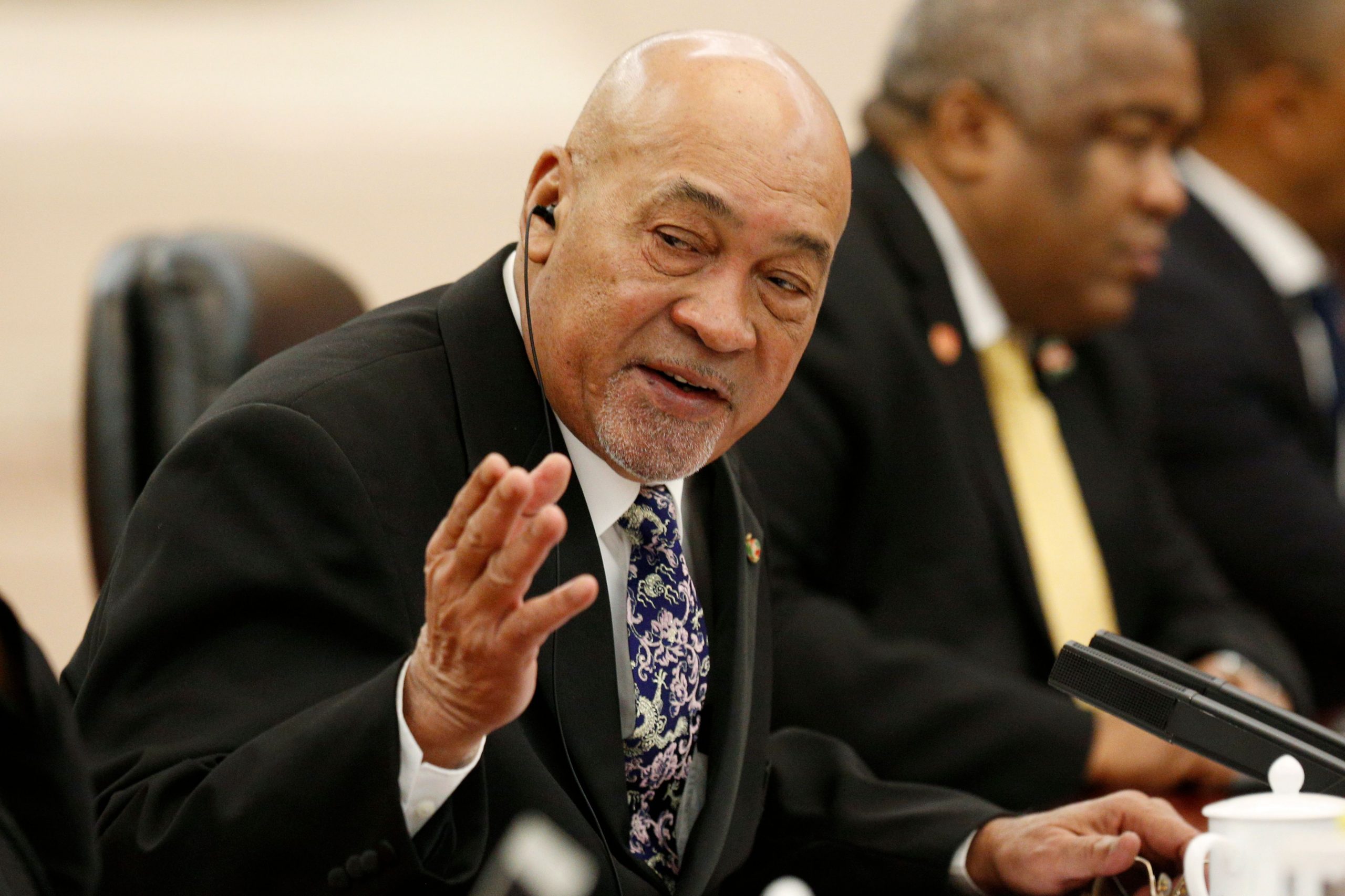
The current court term for the Caribbean Court of Justice (CCJ) ends on July 29, 2022, after which the court will head into recess but the Justices there are intent on hearing the challenge to Guyana’s Court of Appeal’s decision to entertain an appeal regarding an already dismissed election petition.
At a case management hearing on Tuesday, Justice Jacob Wit set several timelines for submissions including a July 19, 2022 hearing of oral arguments in the case.
No date has been set for a judgment; the CCJ is expected to rule on whether Guyana’s Appellate Court can hear the appeal on a petition that was already dismissed by the High Court.
While Justice Wit also set timelines for written submissions and replies, all of which will have to be done before the oral presentations on July 19, both the written and oral submissions have been capped.
Counsel for all parties have been granted no more than 12 pages to make written submissions as the former David Granger-led administration clings to its last hope of a challenge to the 2020 general and regional elections.
The appellants – Vice President Bharrat Jagdeo and Attorney General Anil Nandlall – have a total of 60 minutes to make their oral presentations while the two first respondents were also granted a total of 60 minutes.
On Tuesday also, Justice Wit struck out the name of Keith Lowenfield from the appeal as the Chief Election Officer (CEO) and said that Lowenfield can no longer be made to answer since he doesn’t occupy the post.
Jagdeo and the AG Chambers will also have to file a joint written submission by July 07, 2022.
The substantial appeal before Guyana’s Appeal Court was stayed pending a decision from the CCJ.
Guyana’s Appellate Court had ruled by a majority on December 21, 2021, that it has jurisdiction to entertain an appeal of the decision by Chief Justice (ag) Roxane George to throw out elections petition 99 on the grounds of late service, non-service or improper service.
On December 21, 2021, Justices Yonette Cummings-Edwards and Justice Dawn Gregory ruled that the CoA had the jurisdiction, or power, to hear an appeal into petition 99.
However, Justice Rishi Persaud ruled not to allow the appeal. During his ruling, Justice Persaud said the Chief Justice did not hear the “question” or merits of the petition but rather dismissed it on the basis of late submission, there was nothing to appeal.
The appellants in the appeal to the CCJ contend that the majority erred in law and had no jurisdiction to hear and determine the appeal; neither from statute, the Constitution nor does it have an inherent jurisdiction.











